
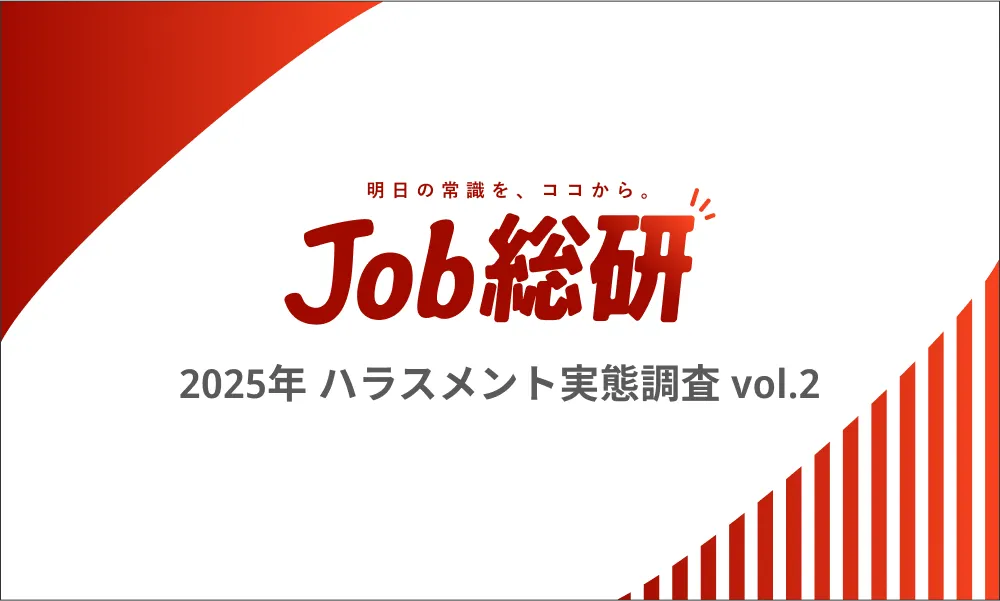
New Survey Insights: Understanding Workplace Harassment in 2025
Understanding the Harassment Landscape in 2025
In a recent survey conducted by Persol Career's research institute, JobQ, it was revealed that a significant majority of employees in Japan are experiencing workplace harassment. This second volume of the study, titled "2025 Harassment Reality Survey vol.2," surveyed 543 individuals from various age groups and gender backgrounds regarding their experiences and perceptions of harassment in the workplace.
Survey Overview
This comprehensive survey aimed to explore different aspects of workplace harassment, such as personal experiences of harassment, instances of silence or complicity regarding harassment, and how these experiences are interwoven with the willingness to take on managerial roles. With recent shifts in corporate culture marking the new fiscal year, understanding how awareness of harassment varies across different demographics has become increasingly significant.
The survey results indicate a pressing need to address harassment through multiple perspectives. Previous research highlighted the experiences of victims and corporate responses. However, this survey emphasizes the importance of understanding the complexities surrounding the issue, including the perspectives of perpetrators and bystanders.
Key Findings
The results reveal some alarming statistics. Among the respondents, 72.6% admitted to having experienced workplace harassment. When broken down by gender, 78.0% of women reported such experiences compared to 70.3% of men. Age played a significant role as well, with 88.9% of respondents in their 50s acknowledging these incidents, followed closely by 86.0% of those in their 40s. Interestingly, the managerial level most impacted by harassment feedback was that of section managers, where 89.2% of respondents reported experiencing harassment issues.
Furthermore, 64.0% of participants acknowledged having witnessed or remained silent about harassment. Delving deeper, the survey noted significant trends—it appears that the older generations exhibit a higher propensity to tolerate harassment, with 76.3% of respondents in their 40s indicating such behavior.
Self-Reflection Among Respondents
A noteworthy aspect of the survey addressed the respondents' self-perception regarding their behavior. Approximately 42.7% believed they could relate to elements of harassment in their own actions, with a considerable difference between genders. Male respondents reported feeling accountable at 51.6%, while only 22.6% of women felt similarly. In terms of age demographics, individuals in their 30s were most attuned to their potential for harassment at 46.8%.
The Influence of Harassment on Managerial Aspirations
One critical insight from this study is the impact of harassment awareness on willingness to pursue managerial positions. An overwhelming 75.3% suggested that their perception of harassment indeed influences their ambition to become a manager, particularly among those in their 40s and 30s.
Conclusion: A Cultural Shift Awaits
The 2025 Harassment Reality Survey vol.2 frames a stark picture of workplace culture, shedding light on harassment not just as a victim-offender dynamic but as an issue that permeates the entire workplace environment. As the younger generation increasingly expresses concern over their actions potentially being construed as harassment, it indicates a cultural shift in awareness and sensitivity.
The findings compel organizations to adopt a more nuanced approach towards understanding and addressing workplace harassment. Presenting diverse perspectives can pave the way for more effective preventative measures and foster a healthier work environment.
As JobQ continues to investigate and disseminate information regarding workplace realities, their commitment to evolving societal norms remains clear. The shift in workplace culture demands that companies reevaluate their policies and training programs to prioritize transparent communication and safety for all employees.


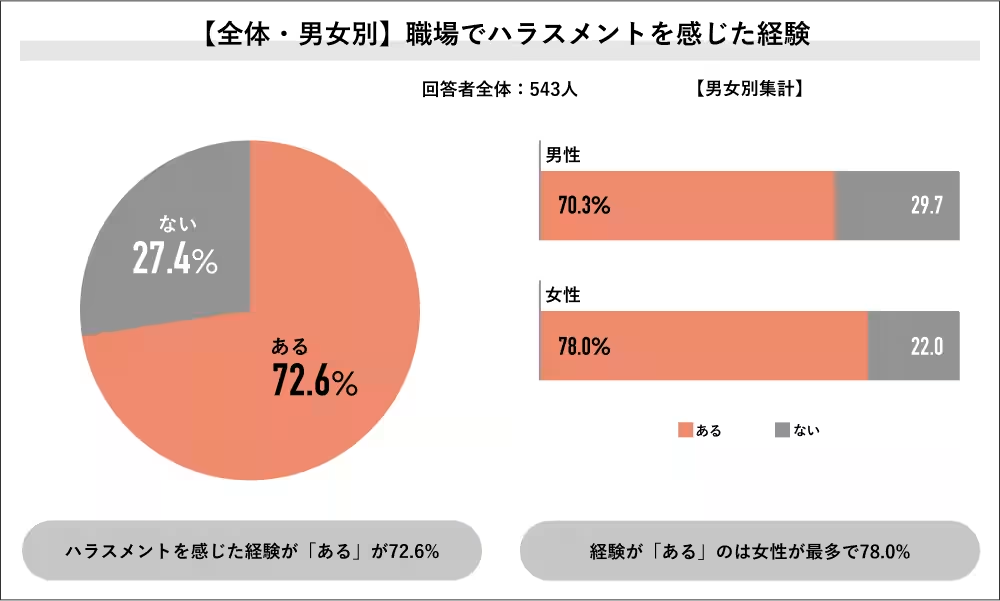
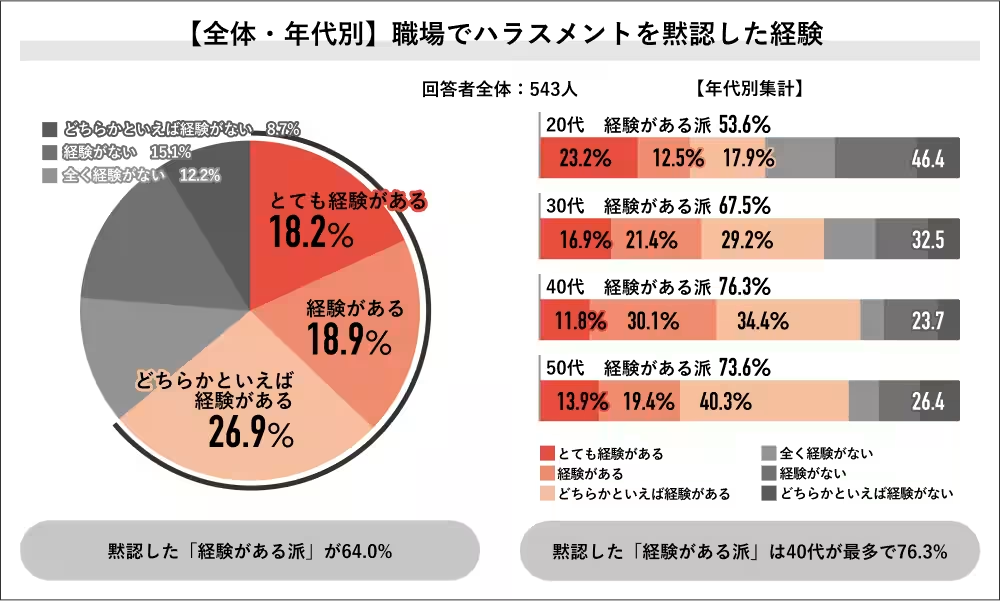
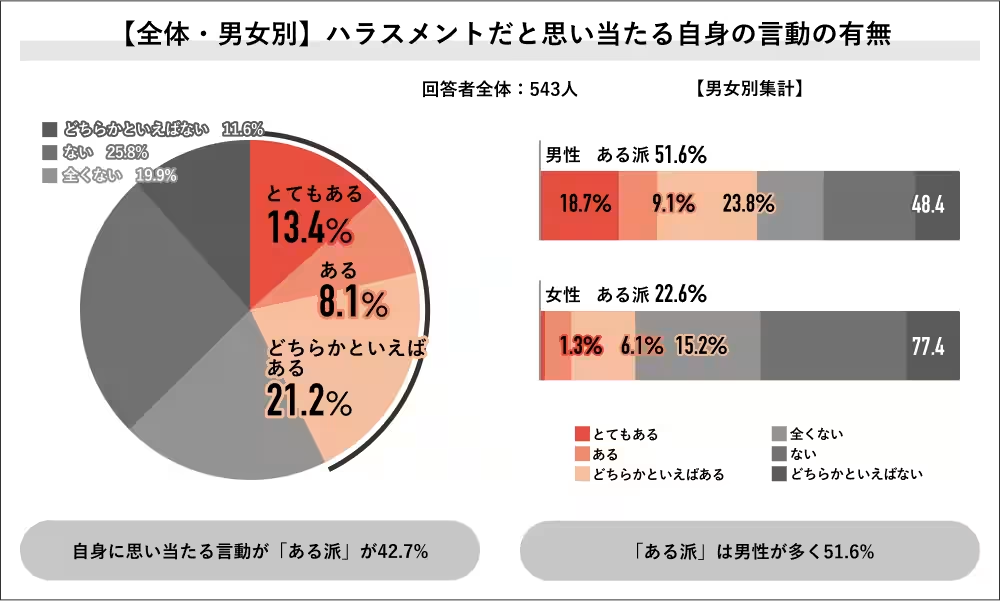
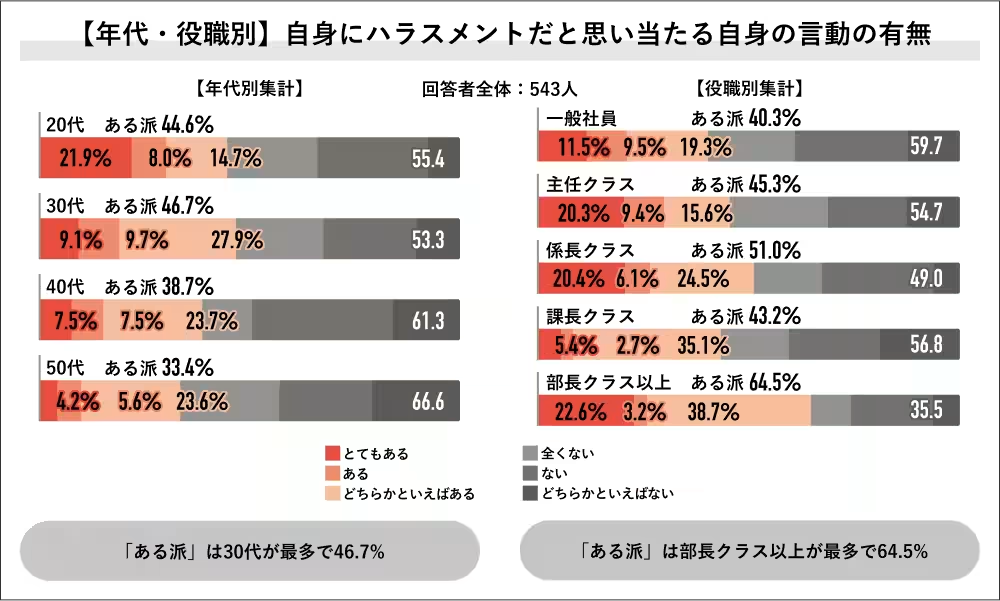
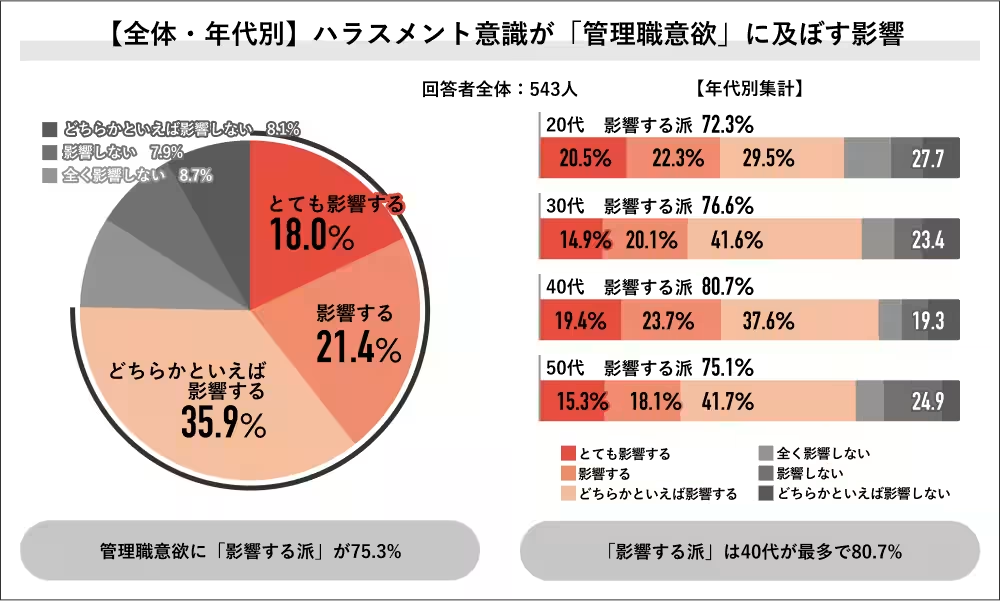
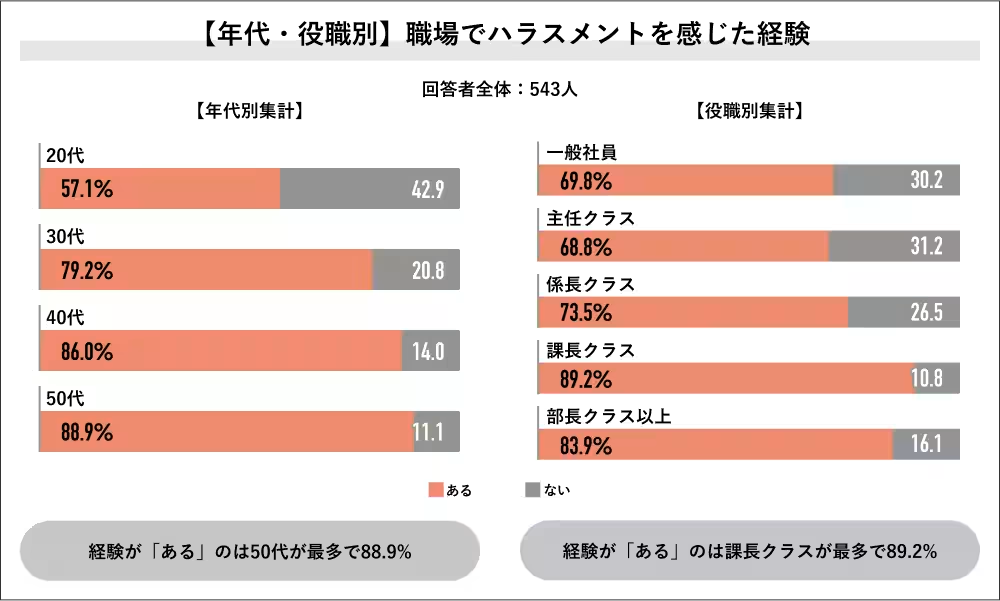
Topics People & Culture)










【About Using Articles】
You can freely use the title and article content by linking to the page where the article is posted.
※ Images cannot be used.
【About Links】
Links are free to use.